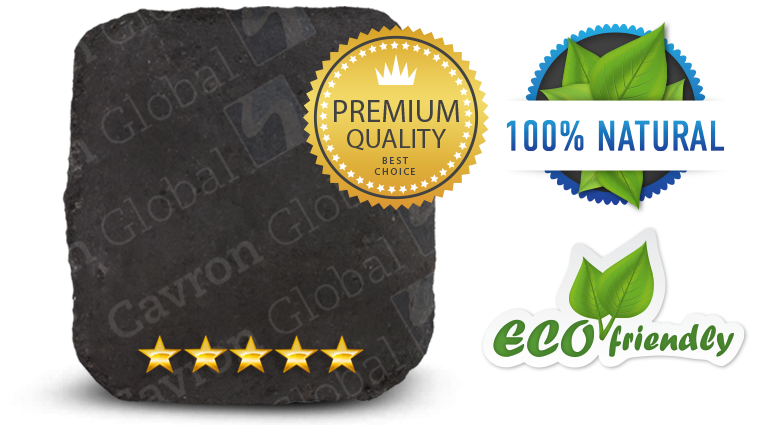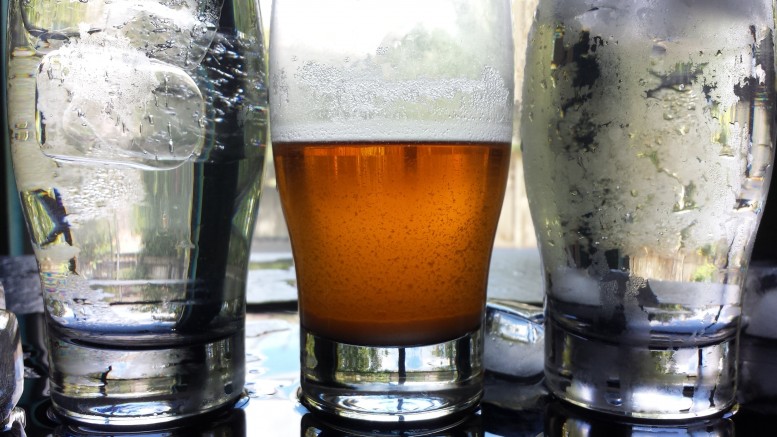
Pure water is colourless, tasteless, and odourless and is chemically speaking, composed of just two elements: hydrogen and oxygen. Water is known as a ‘universal solvent’, and it dissolves almost everything that it comes into contact with. That is why drinking water is not as pure as we have expected. The usual contaminants and types of impurities in water are of the following three main categories:
Dirt or Suspended Solids in water
Although water can dissolve almost everything, there are still solids that are insoluble like dust, fine sand, clay, rust, etc. They remain suspended in the water and cause muddy water or cloudiness in water.
A simple filter called a sediment filter, with pore size of 20 microns or lower can remove almost all of the suspended matter in muddy water. Muddy water after passing through a simple filter may be good for drinking, as long as there is no contamination with germs and dissolved chemicals.
Types of Germs in Water
Biological contamination of water is caused by the presence of living organisms like algae, bacteria, viruses, parasites and their eggs, etc. They are known collectively as microorganisms and commonly called ‘germs’. The health effects of drinking germ-contaminated water can be severe and even lethal.
The most effective way to remove the containments in the water is water filter. Most carbon water filters are either made with granular activated carbon (GAC), or powdered block carbon material. Activate carbon water filters are rated by the size of contaminants they remove. These range from around 50 microns down to .5 microns. The smaller the measurement the more effective the filter. A number of different substances are used to make the carbon for these filters. Of these, coconut shell has been found to also be the most effective. It has the ability to remove even the smallest particles of contaminant.



Be the first to comment on "Insider: Impurities in Water"